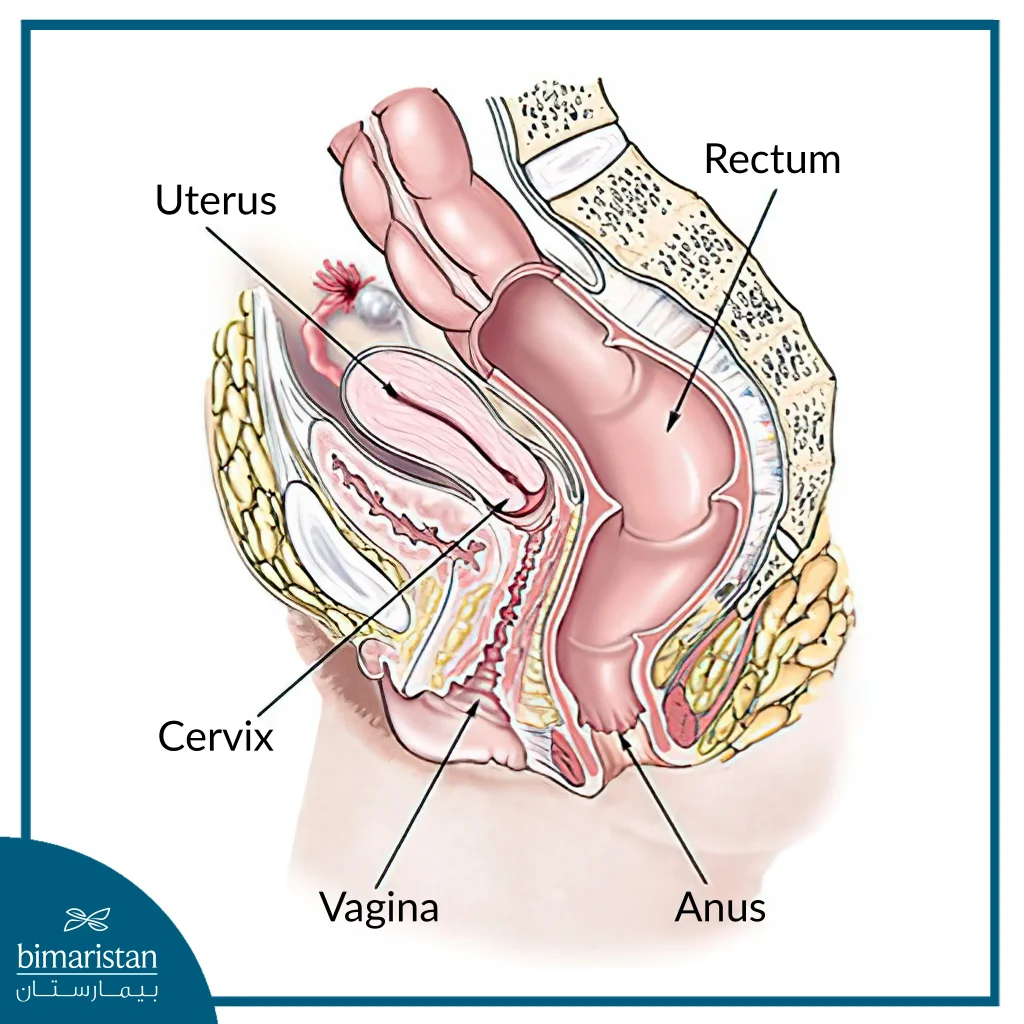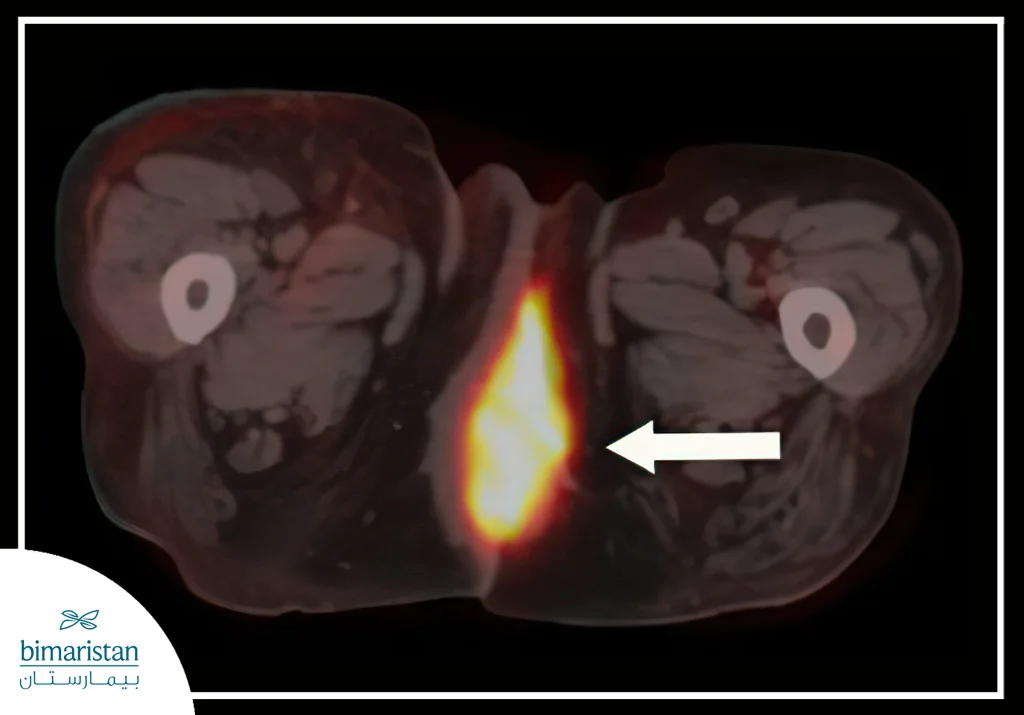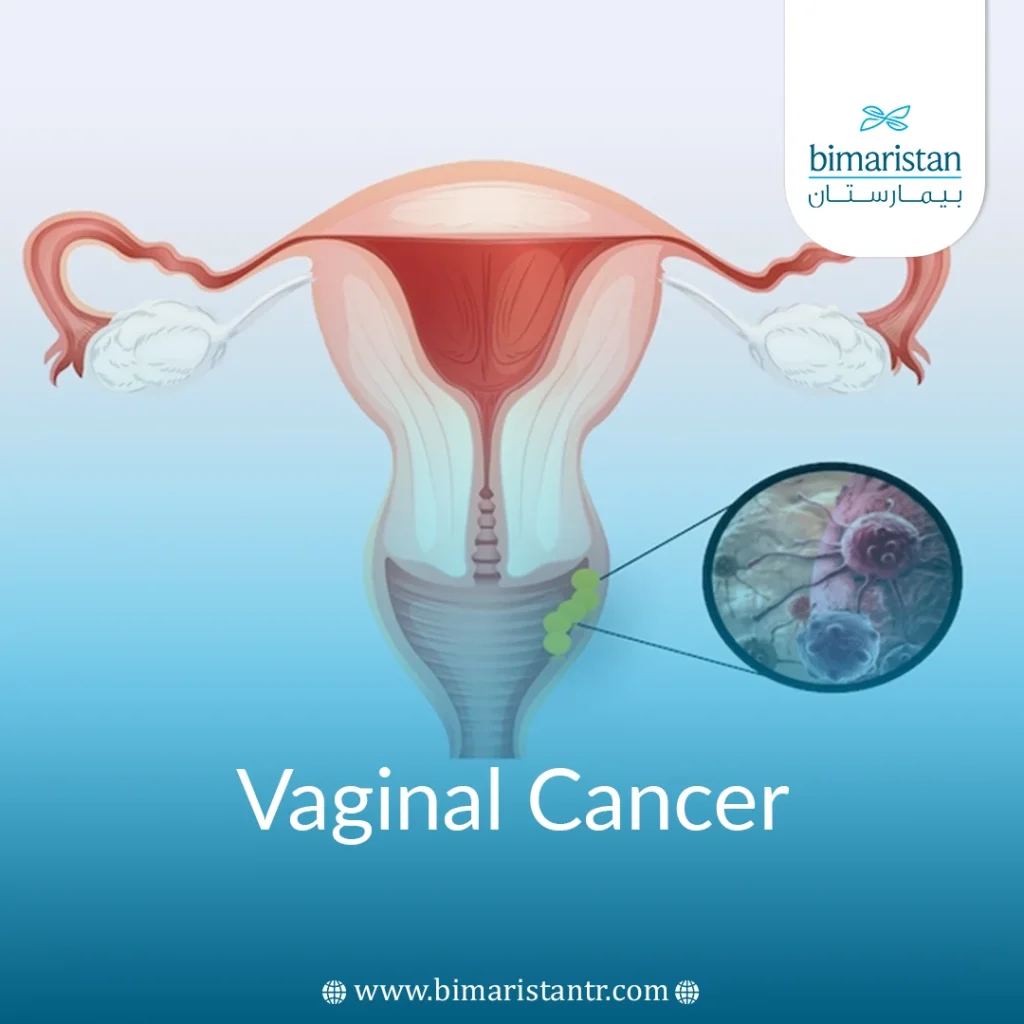Vaginal cancer is a type of cancer that affects women. This type of cancer is more common in women over the age of 60. Women infected with the human papillomavirus (HPV) are more likely to get it, as it can be treated in the early stages in Turkey.
What is vaginal cancer?
Vaginal cancer is a rare type of cancer that affects women. The vagina is a tube-like organ that connects the cervix (the lower part of the uterus) to the vulva (the external female genitalia). The vagina is lined with a layer of flat cells called squamous cells. This layer of cells is also called the epithelium because it comprises epithelial cells. At birth, the baby passes through the vagina during delivery, so the vagina is sometimes known as the birth canal.

Who gets vaginal cancer?
Vaginal cancer is most common in women aged 60 or older. Almost half of the cases occur in women aged 70 or older.
Only about 15% of cases are found in women younger than 40.
What are the types of vaginal or vulvar cancer?
There are different types of vaginal cancer, which affect other types of cells in the vagina. These include:
- Squamous cell carcinoma: The most common type of malignant vaginal tumor. Squamous cell carcinoma accounts for about 70% of all cases. This cancer starts in the squamous cells of the vagina that line the vagina and occurs near the cervix.
- Adenocarcinoma: This type of cancer starts in the gland cells in the vagina.
It accounts for about 15% of vaginal tumors and usually affects women over the age of 50.
Clear cell carcinoma is the exception, often affecting younger women who were exposed to DES in the womb. - Melanoma: A rarer form of vaginal cancer, accounting for about 9% of all cases. Melanoma usually occurs on the outside of the vagina.
- Sarcoma: A rare type of vaginal tumor that makes up about 4% of cases. This type of cancer starts inside the walls of the vagina and not on the surface. There are different types of sarcoma. Rhabdomyosarcoma is the most common and is mainly found in children. Leiomyosarcoma occurs more commonly in women over the age of 50.
Symptoms and causes
What are the causes of vaginal cancer?
- Women infected with the human papillomavirus (HPV) are more likely than other women to develop this rare cancer.
Women with herpes simplex virus (HSV) are more likely to develop vaginal cancer. - However, the strongest risk factor is if a woman’s mother took a drug called diethylstilbestrol (DES) when she was pregnant between 1940 and 1971. Often, women were more likely than the general population to be affected.
There is about one case of this type of cancer in every 1,000 daughters of women who took DES during pregnancy. - Another risk factor is cervical cancer.
- Smoking also doubles a woman’s risk of vaginal cancer.
What are the symptoms of vaginal cancer?
Vaginal cancer often has no noticeable symptoms, which means it is usually advanced by the time it is diagnosed.
For this reason, it’s important to have regular check-ups for healthy women, which can sometimes diagnose vaginal and cervical tumors before any symptoms are noticed.
Symptoms of a malignant vaginal tumor may include:
- Vaginal bleeding, often after intercourse, unrelated to menstruation
- Pain during intercourse
- Abnormal vaginal discharge
- Noticeable lump in the vagina
- painful urination
- Constipation
- Pelvic pain
Although 8 out of 10 women with invasive vaginal cancer have one or more of these symptoms, it is likely that most of the time, these symptoms are much less serious than vaginal cancer.
However, you should see your doctor as soon as possible if you have any of these symptoms.
Diagnosis and Testing in Turkey
How is malignant vaginal cancer diagnosed in Turkey?
Your doctor will begin your examination by asking about your symptoms.
You will then likely undergo several tests, including a pelvic exam, a Pap test, and a vaginal biopsy.
All of this can be done in your doctor’s office.
If a Pap test shows abnormal cells in your vagina or cervix, you’ll need a test called colposcopy.
This can also be done in your doctor’s office.
In this procedure, your doctor will use an instrument called a colposcope to examine your cervix and vagina and look for abnormal cells.
He or she will also likely take a sample of tissue, called a biopsy, to check your cells for cancer in a lab.

Management and treatment in Turkey
How is vaginal cancer treated in Turkey?
Treatment for a vaginal tumor depends on the type of cell, the stage of the cancer (how advanced it is), and your age. A young, childless woman may receive a different type of treatment to preserve her fertility.
Your doctor will determine the best treatment plan for you. In general, early, nonadvanced types of cancer and cancer cells may be treated with laser surgery and localized treatments.
Vaginal tumor stages are organized in three ways, based on how advanced the tumor is in the vagina, whether it has spread to the lymph nodes, and whether it has spread to other parts of the body. These three categories are called T (tumor size), N (nodes), and M (metastatic or non-metastatic).
An invasive or advanced vaginal tumor often requires radiation therapy, surgery, and chemotherapy.
Often, doctors may use all three to treat the cancer.
What is the outlook for vaginal cancer?
Your prognosis for vaginal cancer depends on the stage at which it is diagnosed.
Early-stage vaginal cancers can often be treated successfully, and you can go on to live a full life.
The U.S. National Institutes of Health reports an overall 5-year survival rate of between 80% and 90% for early stages.
Late-stage cancers are difficult to treat and may require ongoing chemotherapy and other treatment options.
For this reason, it is important to have regular gynecological checkups, even when you feel healthy, and to seek medical advice at the first sign of symptoms.
You can contact us if you want to receive treatment in Turkey from the best specialists in the field of gynecological oncology surgery.
Sources:
